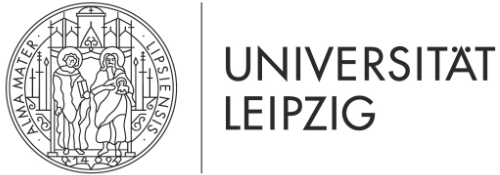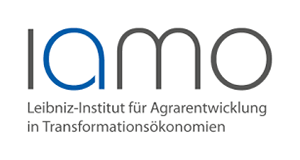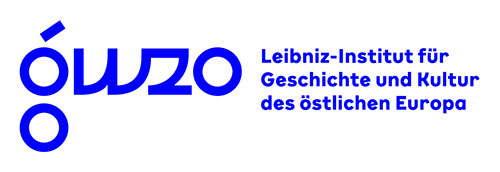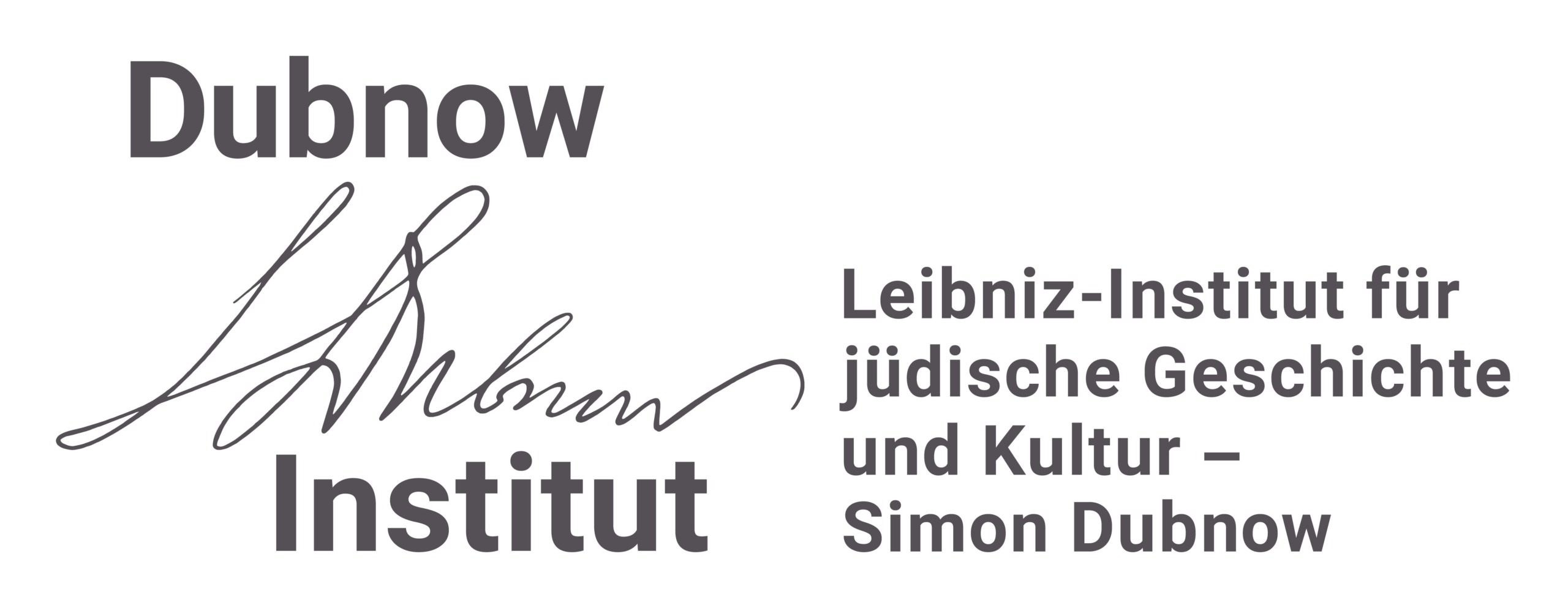Keynote „Democratic struggles in contested states“
EEGA Conference Opening and Keynote Lecture by Jelena Dzankic: “Democratic struggles in contested states”
The Leibniz ScienceCampus EEGA opens its side event with a keynote lecture that introduces participants to the conference theme „Unfinished Statebuilding and Contested Democracies“ and opens the discussions. First, the speaker of the German network, Prof. Dr. Judith Miggelbrink from the Leibniz Institute for Regional Geography, will say a word of welcome. The guest speaker, Prof. Dr. Jelena Dzankic, will then be introduced by the moderator of the session, Dr. Christian Costamagna, historian and EEGA Postdoc Fellow. Dzankic’s lecture will be followed by Q & A with the audience. All guests of the RSA CEE Conference are cordially invited to get to know the ScienceCampus EEGA and its topics, meet familiar and new colleagues and learn more about Dzankic’s exciting research.
Time and date: Wednesday, September 11, 4:00 PM – 5:30 PM CEST
Room: E-1 Large Auditorium (Block B – Ground Floor)
Chair: Christian Costamagna, EEGA Postdoc Fellow, Leibniz Institute for Regional Geography, Leipzig, Germany
Speaker:
Judith Miggelbrink, Leibniz Institute for Regional Geography, Leipzig, Germany
Jelena Dzankic, Robert Schuman Centre of the European University Institute in Florence, Italy
Lecture Abstract:
The twenty-first century has deeply disappointed the promise of democracy for the Western Balkan states. Despite the hopes that the ‘democratic moment’ of the early 2000s would bring about more open, inclusive, and democratic societies, over the past two decades, the political reality of these countries has been the one of the rule of law backsliding, competitive authoritarianism, and low transformative capacity at the level of society. Why has this been the case? This talk explores the ways in which the contested nation- and state-building projects have curbed the democratic capacity in the Western Balkans. It highlights different mechanisms through which these contestations of borders, identities, and institutions have cemented political power strongholds, and opened up spaces for the rise of dependencies on non-democratic actors, such as China, the Gulf States, or Russia. The talk differentiates among democratic struggles of the different countries in the Western Balkans, reflecting on the broader European and global trends of democratic decline.








